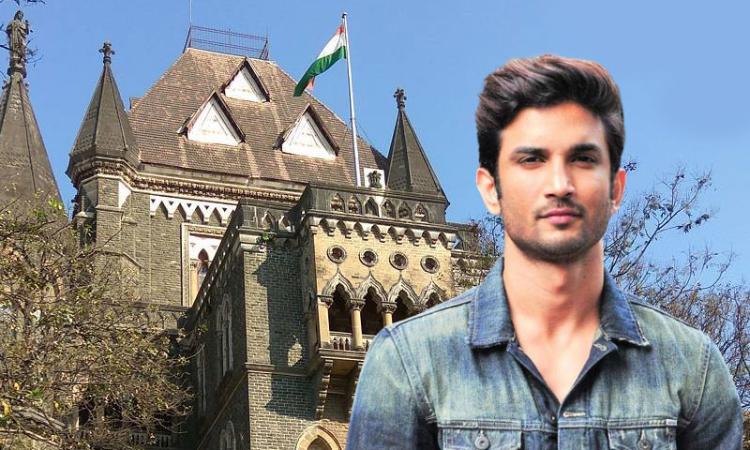CBI, NCB, ED Not Leaked Information To Media: ASG Tells Bombay High Court In Sushant Singh Rajput Media Trial Case
Sanya Talwar
23 Oct 2020 7:59 PM IST

Next Story
23 Oct 2020 7:59 PM IST
The Bombay High Court today continued hearing the PIL's filed against Media Trial, on account of reportage into the issue of the death of actor Sushant Singh Rajput.Before a bench of Chief Justice Dipankar Datta and Justice GS Kulkarni, Counsel for Zee News and News Nation made submissions. Senior Advocate Devdutt Kamat appeared on behalf of the petitioner(s).At the beginning of hearing,...
